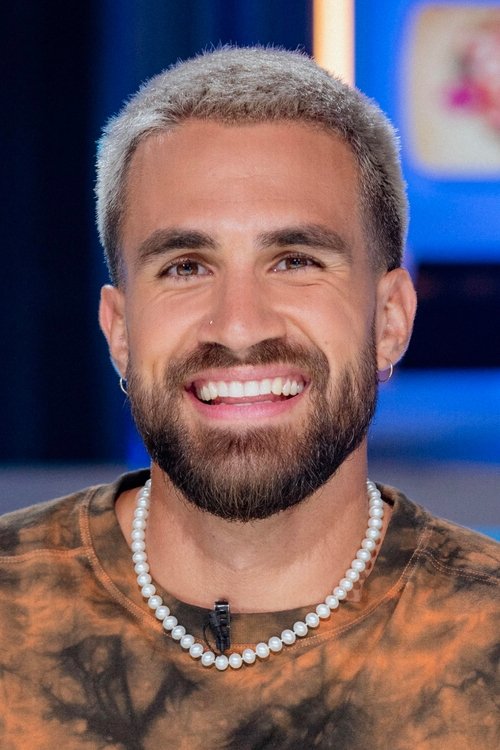
Jay Du Temple: La Tournée Canadienne
Watch Movie
Share
Jay Du Temple: La Tournée Canadienne
2025
00.0(0 votes)
Documentary
Overview
Links & Resources
Social & External
Cast & Crew
1 member
Acting
Jay Du Temple
Unknown Role


Social & External
Unknown Role
